Just a Snore? Or Is It More?
Sleep Apnea with Dr. Dunn
Dr. Richard B. Dunn, DDS is the only board certified Diplomate of the ABDSM (American Board of Dental Sleep Medicine) in our entire region, including Pennsylvania. In addition, he serves as a Director on the Board of the ABDSM. He has lectured locally as well as nationally in the field of Sleep Medicine and has co-authored and published in this field in Annals Of The American Thoracic Society. Dr. Dunn is presently working on another topic on the treatment of Obstructive Sleep Apnea (OSA) with OAT (Oral Appliance Therapy) for publication. He collaborates with other leaders in the field of Dental Sleep Medicine routinely. He is a member of the AADSM (American Academy of Dental Sleep Medicine) and the ATS (American Thoracic Society).
Dr. Dunn works in a “Team Approach” with all physicians which he feels is the only way to successfully treat and manage his sleep patients. He routinely receives patient referrals from all the Board Certified Sleep Physicians at the following hospitals: Arnot Ogden, Ira Davenport, Guthrie (New York and Pennsylvania), Cayuga Medical Associates, Schuyler and University of Rochester and refers to these specialists as well. He is most proud of his affiliation and professional relationships with the Sleep Physicians and the hospitals which will improve patient care and outcomes.
At Chemung Family Dental, Dr. Dunn and Jessica Turner, C.D.A. (who helps to oversee our Sleep Services) will provide our patients with the most advanced sleep services including appliance selection, monitoring and recall for effectiveness of treatment and education.
We accept Health Insurance and participate with Medicare (Part B) to cover your treatment. To send any information including medical records by you or your medical team, please fax to 607-734-6103 or email to sleep@chemungfamilydental.com
Please feel free to reach out to Dr. Richard Dunn, DDS or Jessica Turner, C.D.A. with any questions you may have. We look forward to helping you.
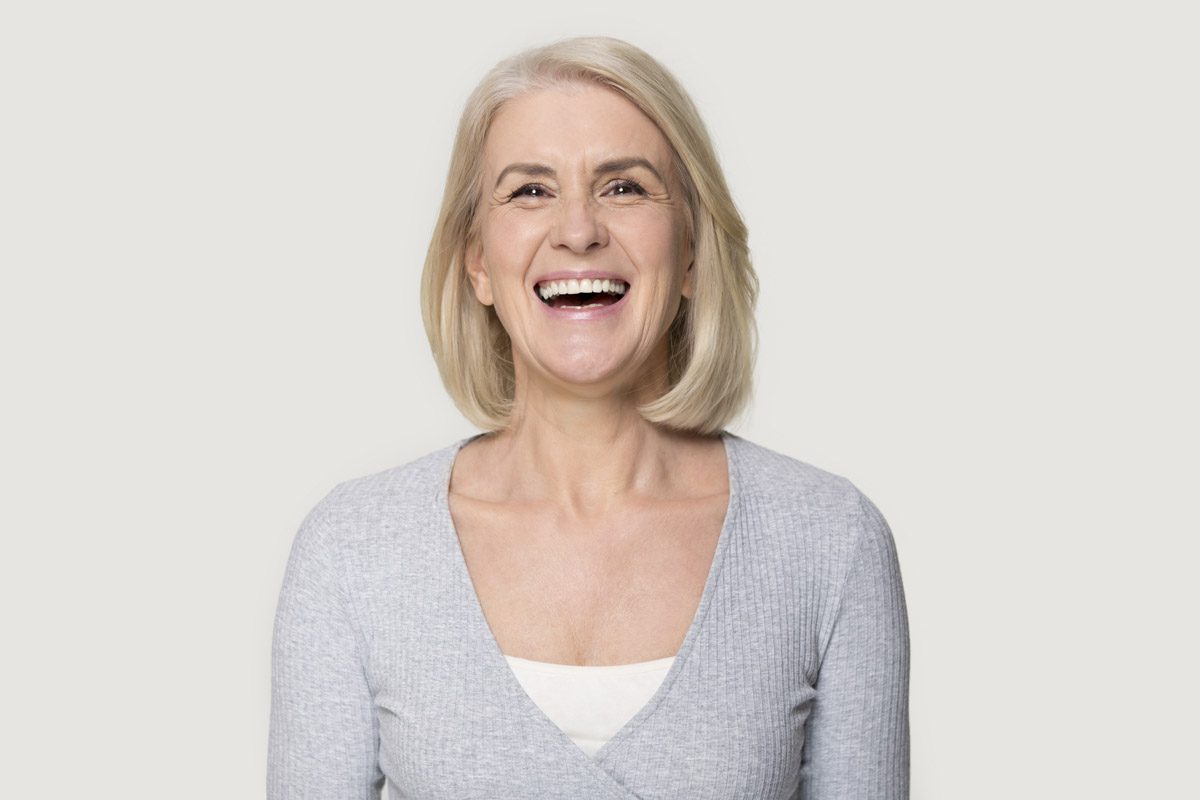
– Chemung Family Dental Patient
Sleep Apnea Dentist
Located In Elmira, NY. Proudly Serving Corning & Ithaca, NY
Effects & Diagnosis
Due to these apnea episodes, the brain and the rest of the body may not get enough oxygen. Sleep apnea is diagnosed with an overnight sleep test called a polysomnogram or “sleep study”. This may be done in a sleep disorder center or even at home. 15% – 20% or more of adults in Western countries are likely to have undiagnosed obstructive sleep apnea (OSA) and therefore are candidates for treatment. There are upwards of 90 million people in the United States with undiagnosed sleep disorders. This is a serious situation and threatens overall health. Dr. Dunn works closely with all the Pulmonologists and Sleep Physicians, as well as your primary care physician.
We accommodate CDL drivers with sleep apnea to maintain their licenses!
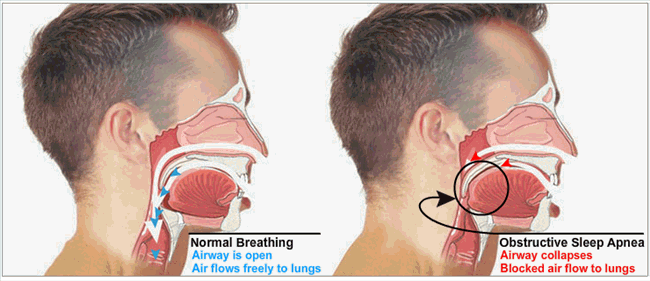
Are there different types of sleep apnea?
Yes, there are two main types of sleep apnea:
Central Sleep Apnea
In In this type of apnea, unlike OSA, the airway is not blocked but the brain fails to signal the muscles that control breathing due to instability in the respiratory control center.
Obstructive Sleep Apnea (OSA)
Is the most common type. It is caused by a blockage of the airway which is caused when the soft tissue in the back of the throat collapses during sleep. This restriction of the airway increases the velocity of the airflow through the passages which produces vibration of the soft tissues and uvula or loud snoring.
Who is at risk of developing sleep apnea?
Sleep apnea can affect children as well as adults. Here are risk factors for sleep apnea:
- Being over age 40
- Being overweight
- Being male
- Having a large neck size (17 inches or greater in men, 16 inches or greater in women).
- Having a large tongue, tonsils or a small jaw
- Having a family history of sleep apnea
- Nasal obstruction due to a deviated septum or sinus and allergy problems
- Gastroesophageal reflux or GERD
What health problems can sleep apnea lead to?
If left untreated, sleep apnea can lead to an increased risk of serious health problems including:
- Stroke
- High blood pressure
- Dementia
- Heart failure, heart attacks and irregular heartbeat
- Diabetes
- Depression
- Worsening of ACHD
What area side effects of sleep apnea?
Side effects of untreated sleep apnea may be poor performance in everyday activities such as school and work as well as motor vehicle accidents. This is largely due to the inability of the body to have deep restful sleep that is required for normal function as well as deprivation of oxygen to the brain and the body.
How do you treat sleep apnea?
In mild to moderate cases of sleep apnea there are a number of behavioral and lifestyle changes that can be made to reduce the symptoms of sleep apnea.
They include:
Lose Weight – this helps to open up the throat and the breathing airways
Quit Smoking – smoking contributes to sleep apnea by increasing inflammation and fluid retention in the throat and upper airway.
Avoid alcohol, sleeping pills and sedatives – these all act to relax the muscles in the throat and interfere with breathing. It is especially important to avoid these things before bedtime.
Avoid caffeine and heavy meals within two hours of going to sleep.
Avoid sleeping on your back. Instead sleep on your side or stomach. Sleeping on your back, due to the effects of gravity, allows your tongue and soft tissues to drop or move back obstructing the airway. Open your nasal passages at night by using nasal dilators, breathing strips or saline spray.
If the above methods do not work, or your apnea is more advanced, it may be necessary to seek further medical care.
What are treatments for Obstructive Sleep Apnea (OSA)?
Unless you have a Central Sleep Apnea that would be treated with specific medication, treatment for OSA falls into two main categories:
Continuous Positive Airway Pressure (CPAP)
This is the most common treatment modality for moderate to severe sleep apnea. With this treatment a mask is worn over the nose and or mouth while sleeping. The mask is hooked up to a machine, the size of a kleenex box, that delivers a continuous flow of air into the nose that keeps the breathing passages open and allows for regular breathing without apnea.
There is a newer device called Provent that instead of using a mask has a device that fits over or into the nostrils. This is smaller and less intrusive and many people find this easier to wear.
Although CPAP is very effective for treating sleep apnea, many people have difficulty wearing CPAP devices which can restrict the positions they can sleep in, dry out the nasal and breathing passages or can make them feel claustrophobic. It is estimated that greater than 25% of people using CPAP have difficulty or will not wear them. Therefore another treatment method has become quite popular.
Dental Devices for Sleep Apnea
These devices are specifically designed by dentists with special expertise and training in treating sleep apnea as Dr. Dunn has been. There are many different types and designs of dental devices. They are made of acrylic and most are made to fit inside the mouth, very similar to an athletic guard.
What types of oral devices are there?
The two most common oral devices are the mandibular repositioning appliance and the tongue retaining device. These oral devices open your airway by moving your lower jaw and tongue forward during sleep thereby improving sleep. These devices are most effective for those with mild to moderate sleep apnea.
Are there side effects?
They do have some minor side effects such as soreness and saliva build-up however we have found that the majority of our patients adapt well to them and are an excellent alternative for those that cannot or will not wear CPAP devices.
They are also effective at reducing the harmful effects of sleep apnea as has been demonstrated by studies with patients wearing these appliances for sleep studies. These devices do need to be periodically checked and adjusted by the dentist. Often the fees for this service will be covered by medical insurance.
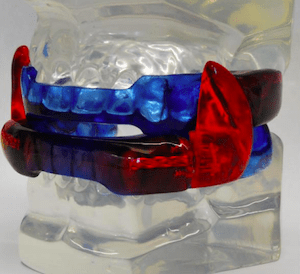
Ask yourself:
Do you snore so loud that you keep your family up at night?
Do you have problems concentrating and staying focused at work or school or are you tired no matter how long you sleep for?
If you sit down during the day do you doze off right away?
If so, you may be showing the signs of sleep apnea. Do not wait. Consult with your physician or dentist . Treatment is easy, effective and can be life-saving!
Should you have any questions or require additional information, please feel free to call us at 607-734-2045 or click to contact us directly.
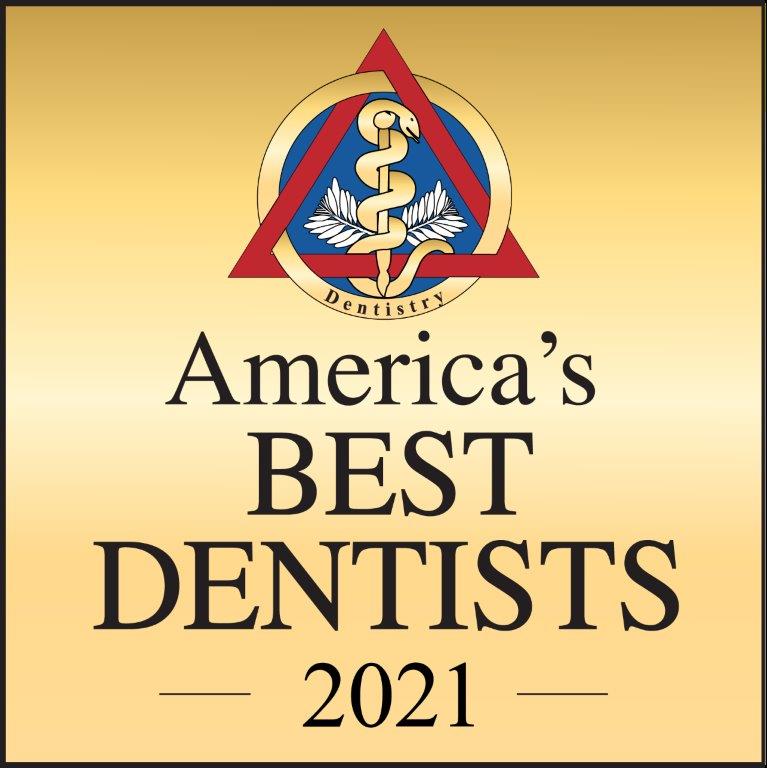
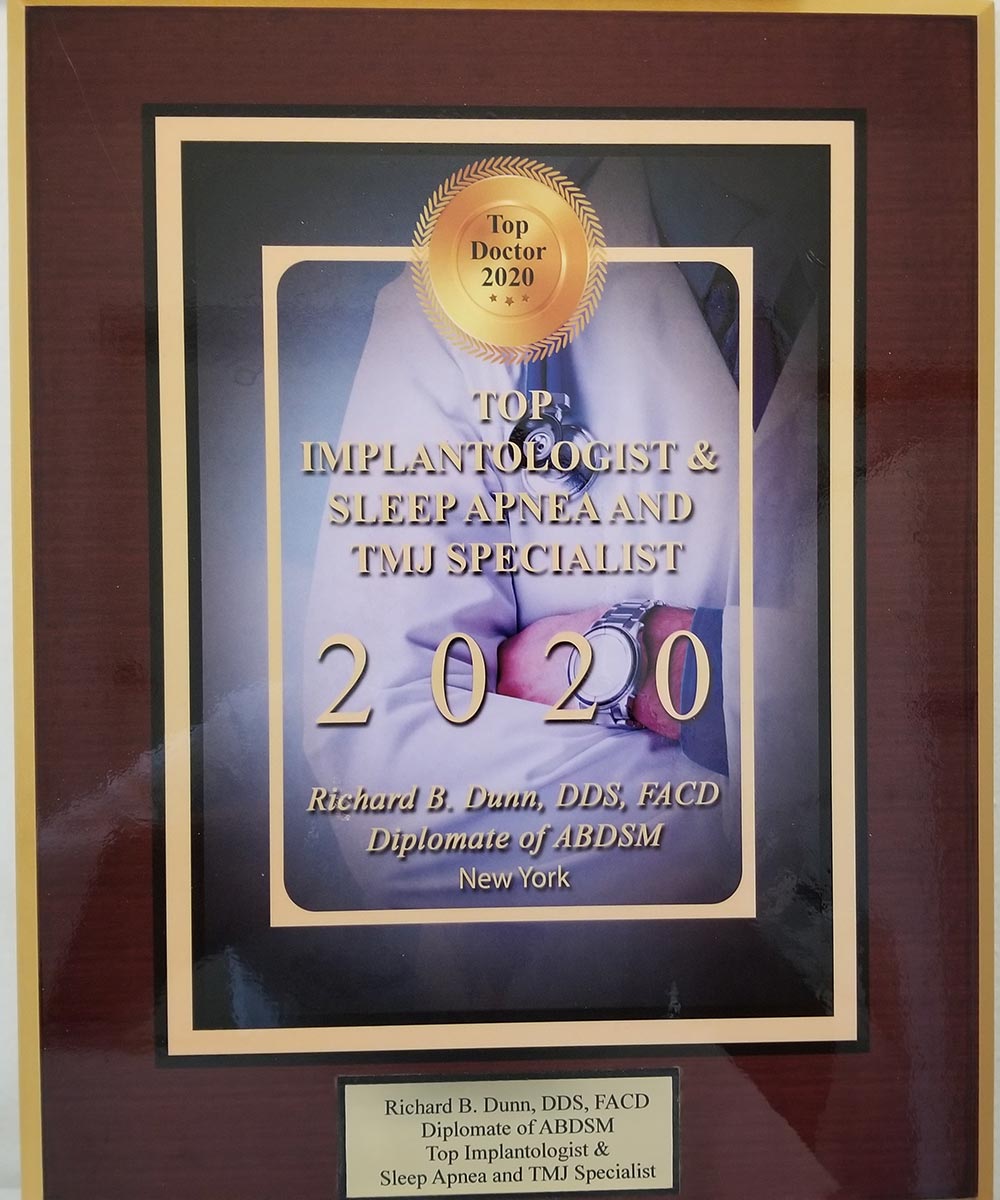
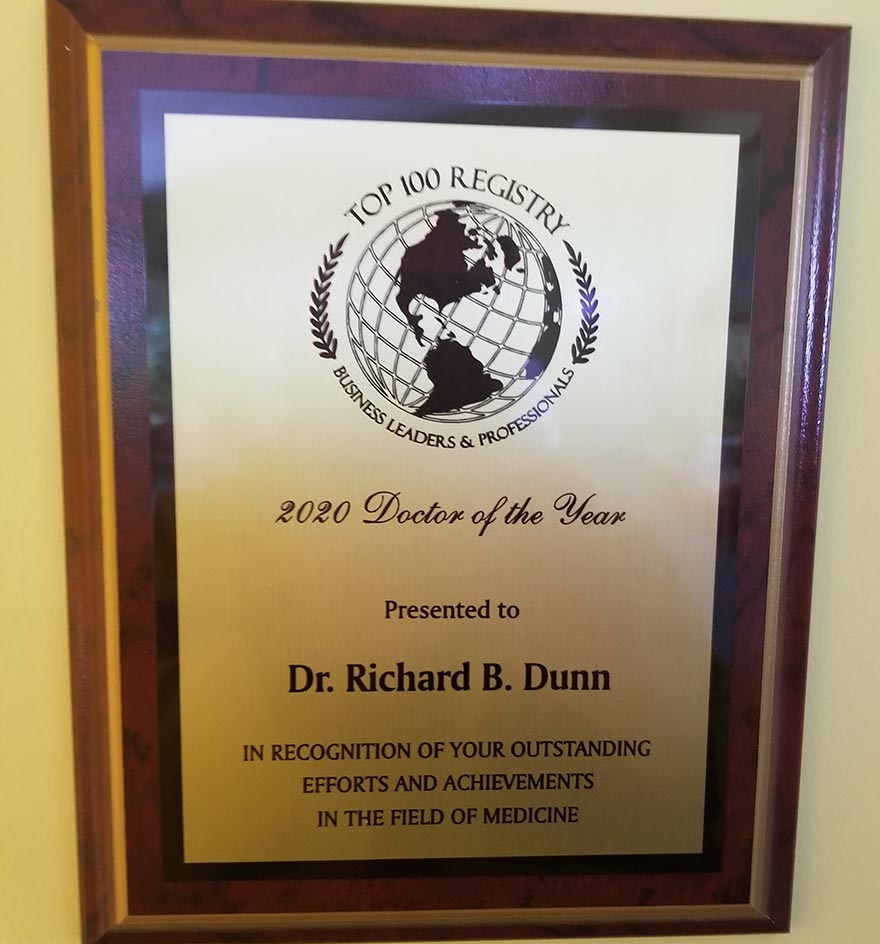
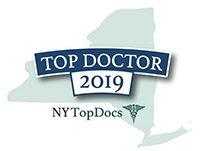
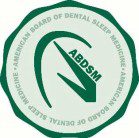



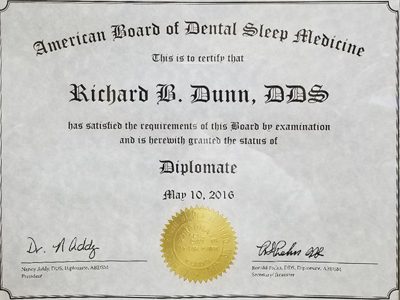

Chemung Family Dental
1007 Broadway St.
Elmira, NY 14904
Tuesday 7:00 AM - 4:00 PM
Wednesday 7:00 AM - 4:00 PM
Thursday 7:00 AM - 2:00 PM
Friday Closed
Saturday Closed
Sunday Closed
